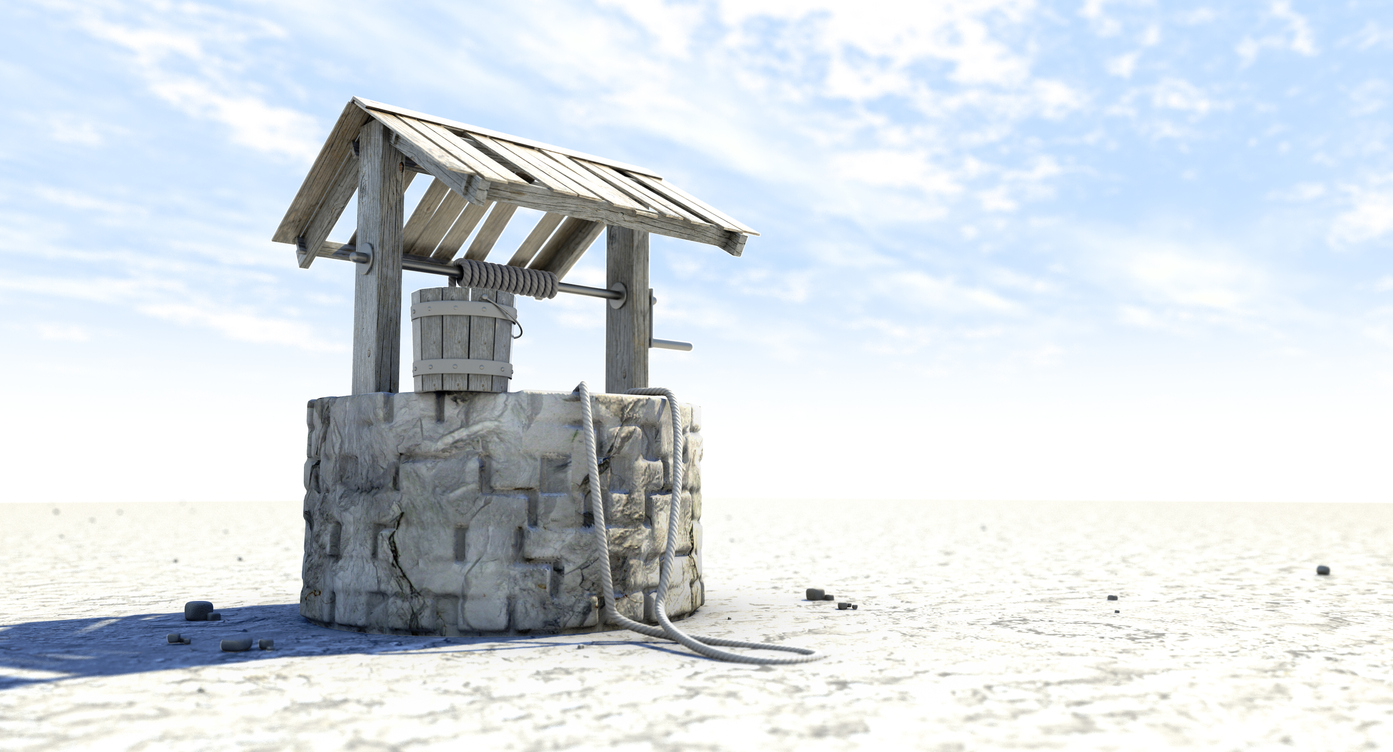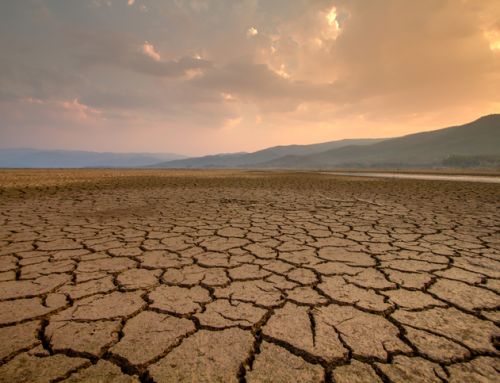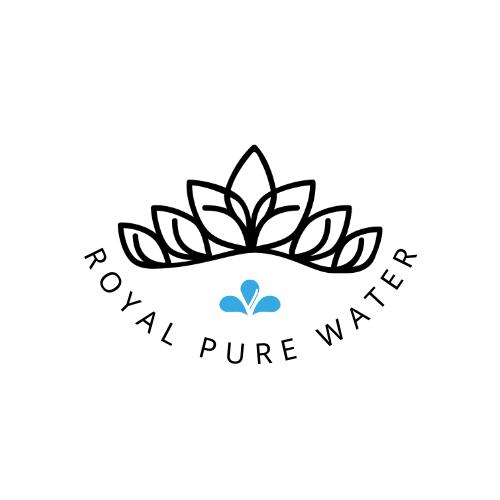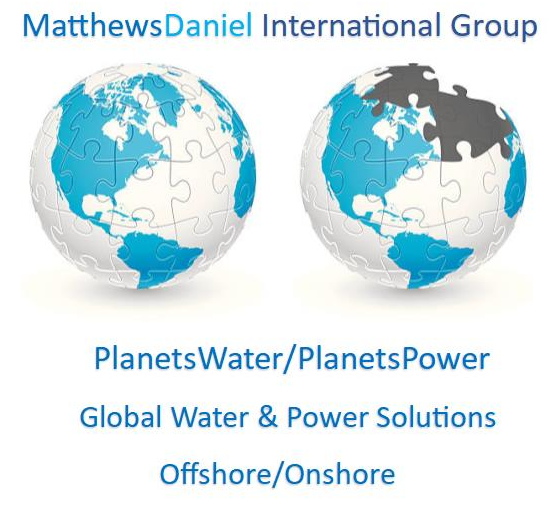A Fact-Based Report
Well drilling for water is a common practice worldwide, serving as a crucial source of freshwater for many communities. While it provides access to clean and reliable water, the process of well drilling can have several detrimental effects on the environment, public health, and social well-being. This report aims to shed light on the problems caused by well drilling for water, emphasising the importance of responsible and sustainable water resource management.
Environmental Impact
Public Health Concerns
Social and Economic Challenges

While well drilling for water is essential for providing access to freshwater resources, it is imperative to acknowledge and address the problems it can cause. Responsible well drilling practices, careful monitoring of groundwater levels, regular water quality testing, and community involvement in water resource management are essential steps towards mitigating the environmental, public health, and social challenges associated with well drilling. Sustainable and equitable water management practices must be promoted to ensure the availability of safe and reliable water sources for all.










